Solution of exercise of Career Opportunities.
Here is the solution to all the exercises of the class 12 English chapter 10.
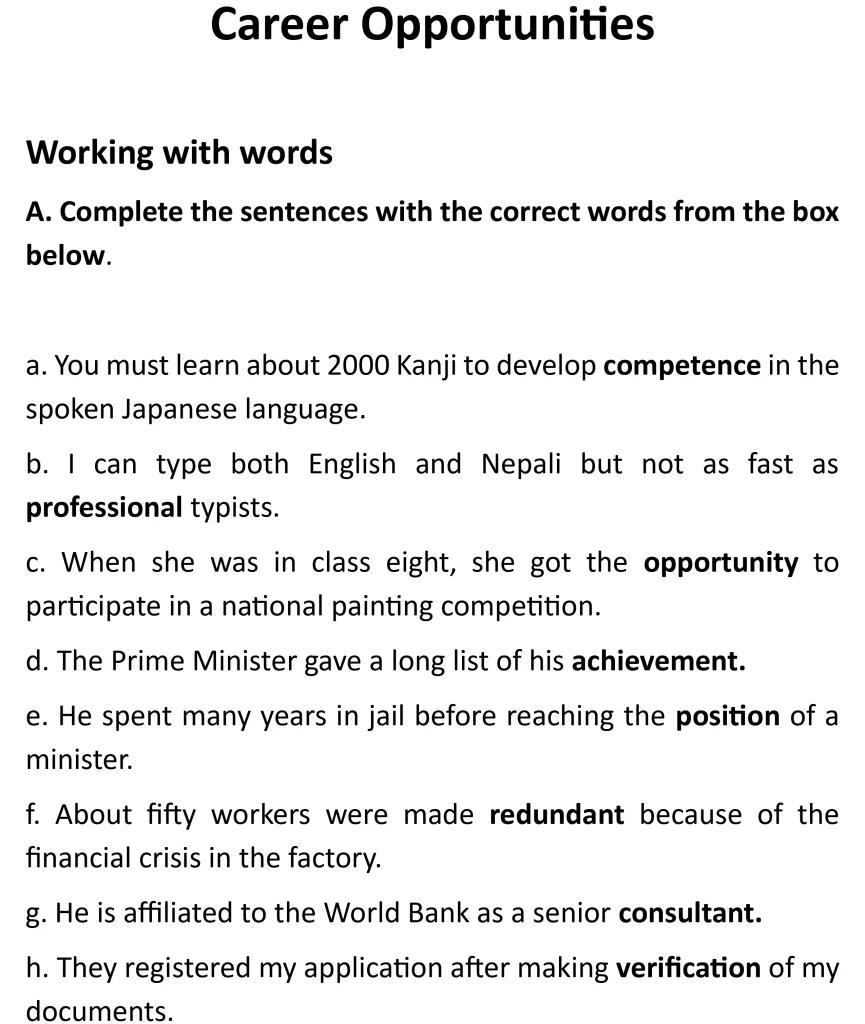

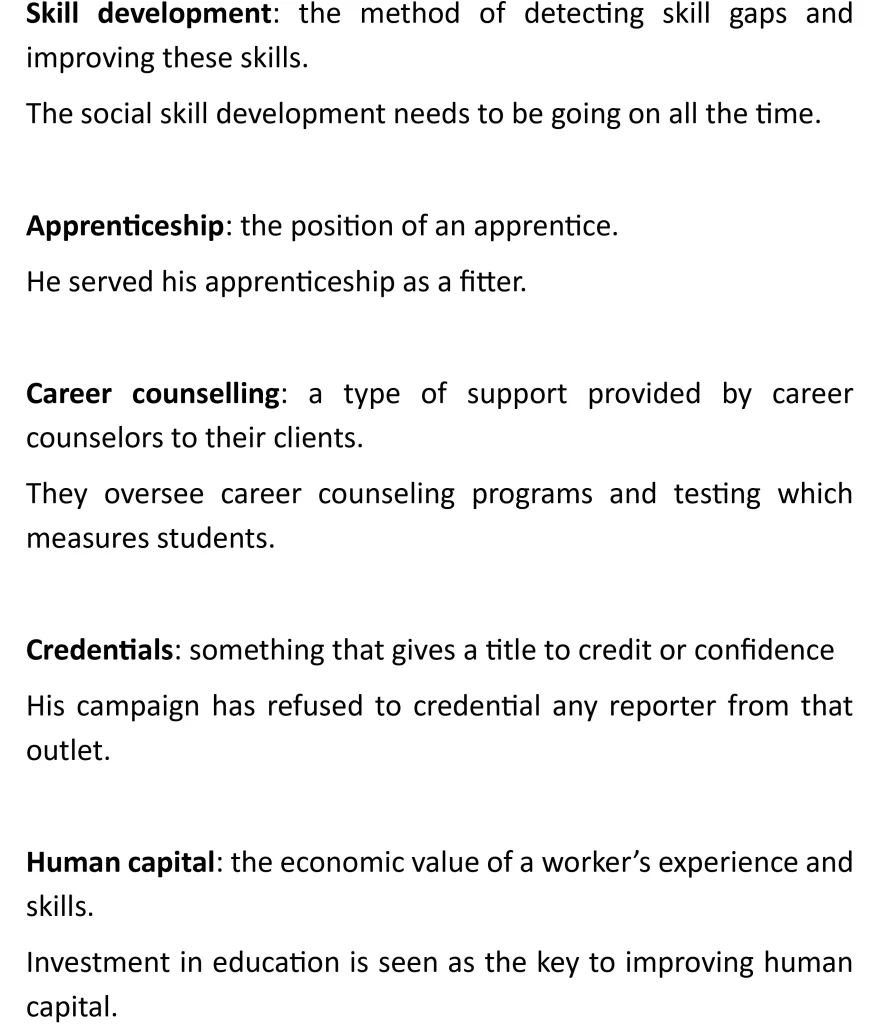


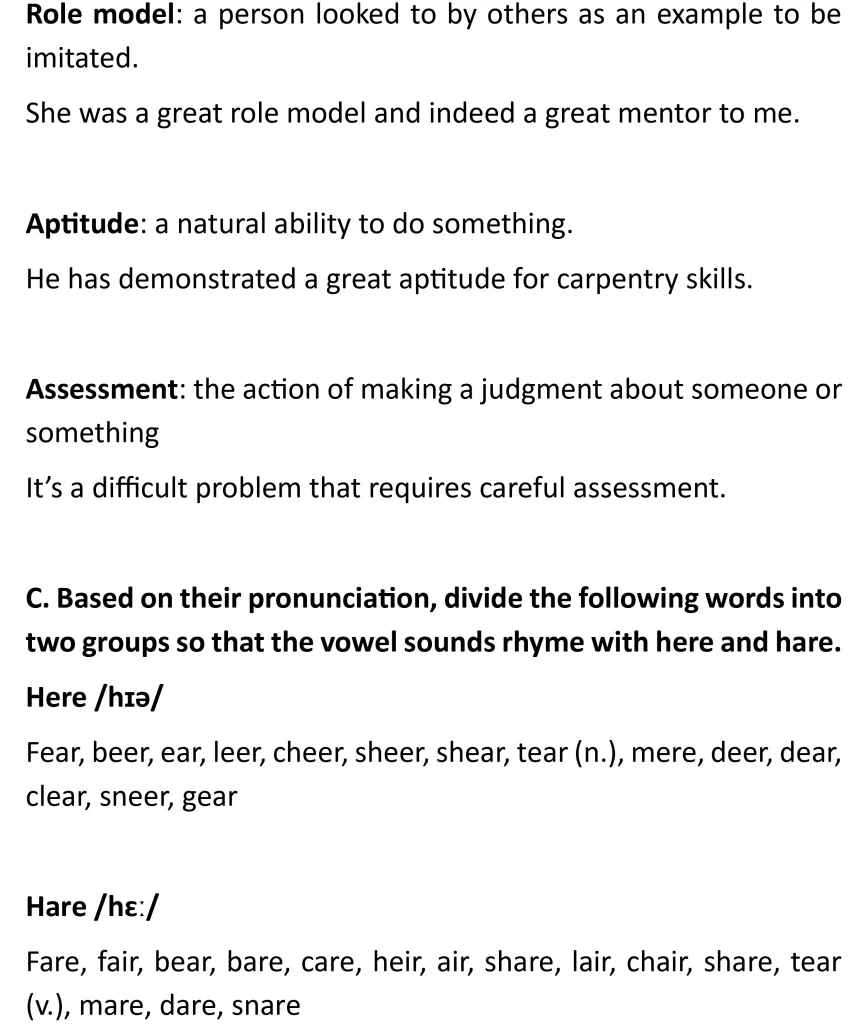
Audio summary of the letter
Continue reading with our latest English Guide App anytime
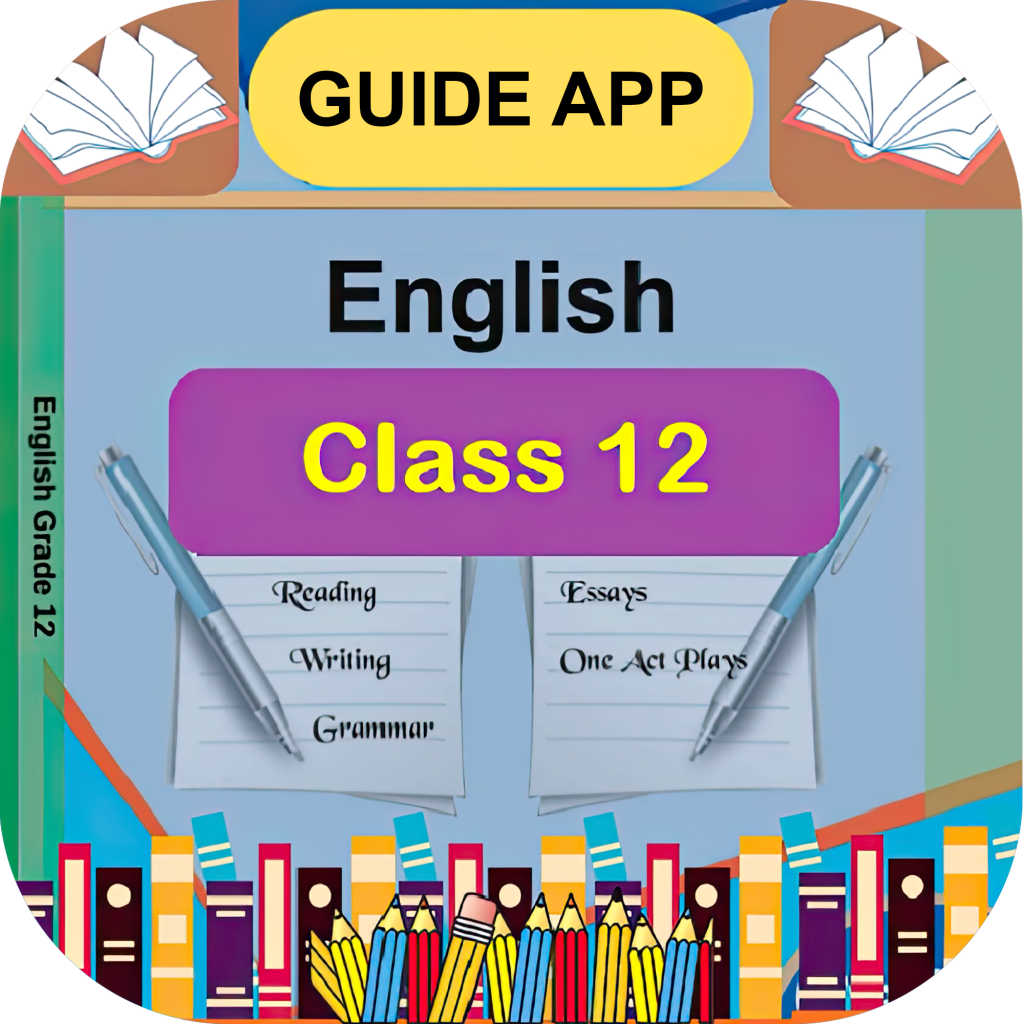




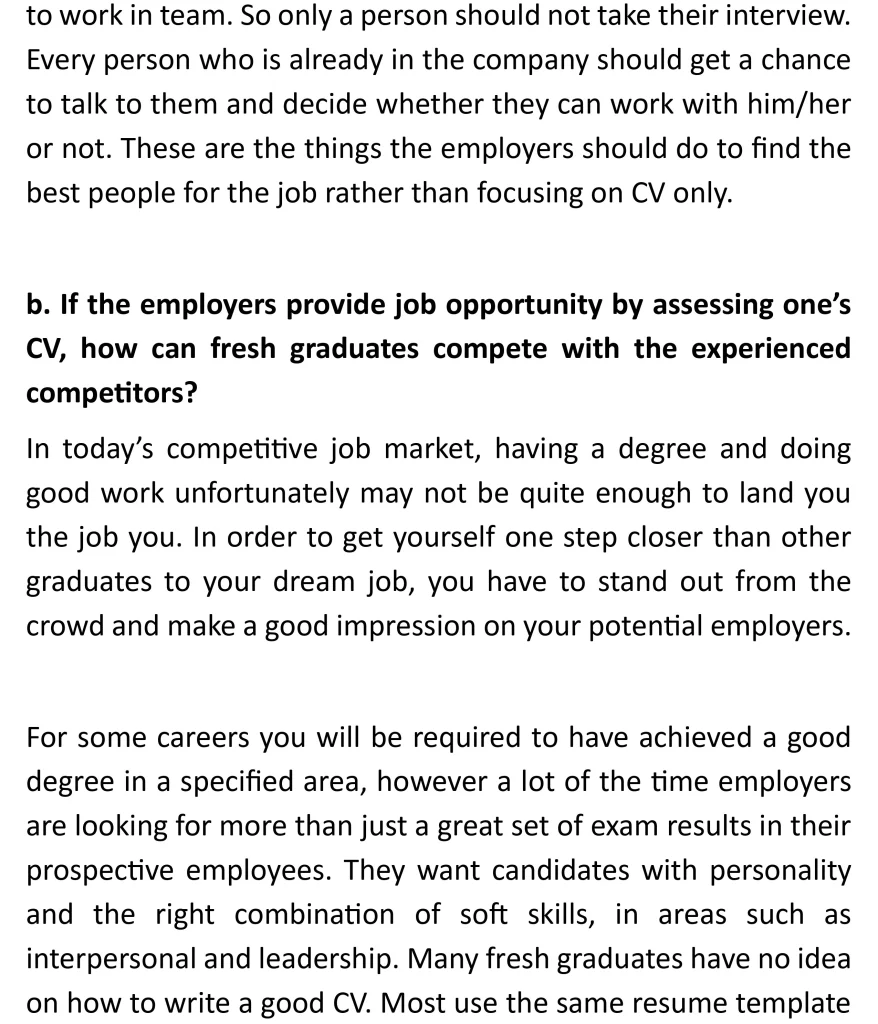
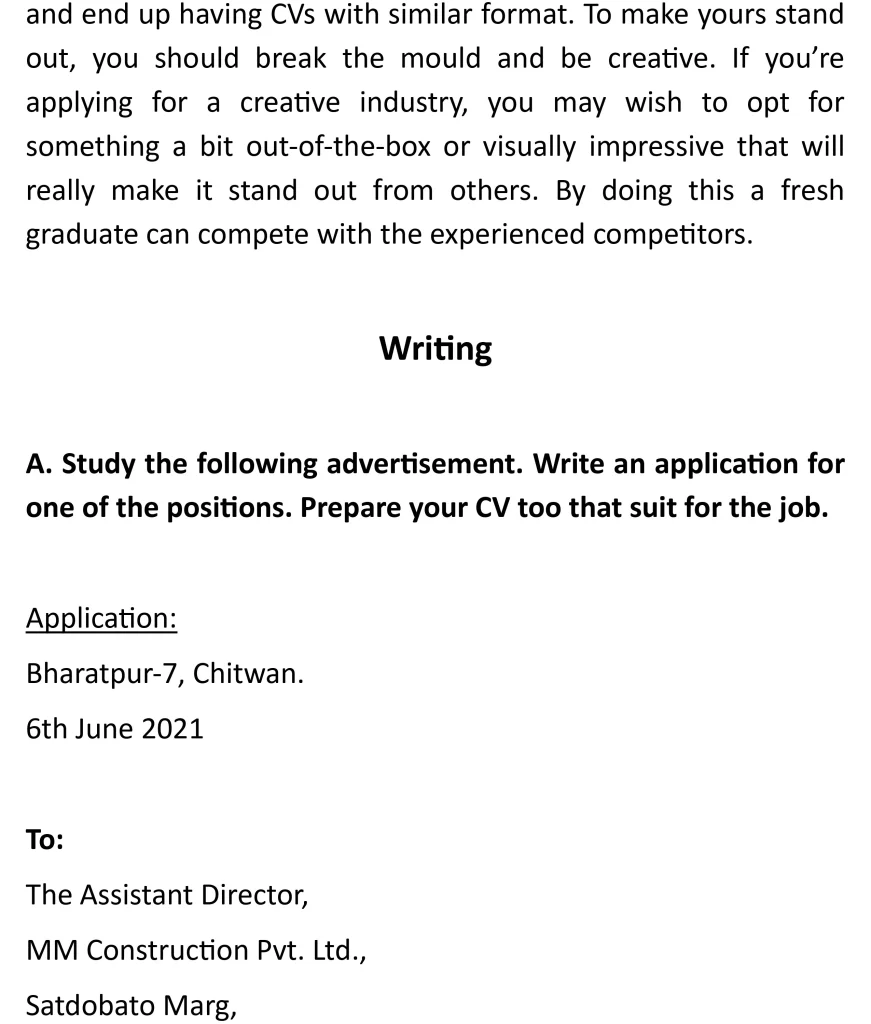




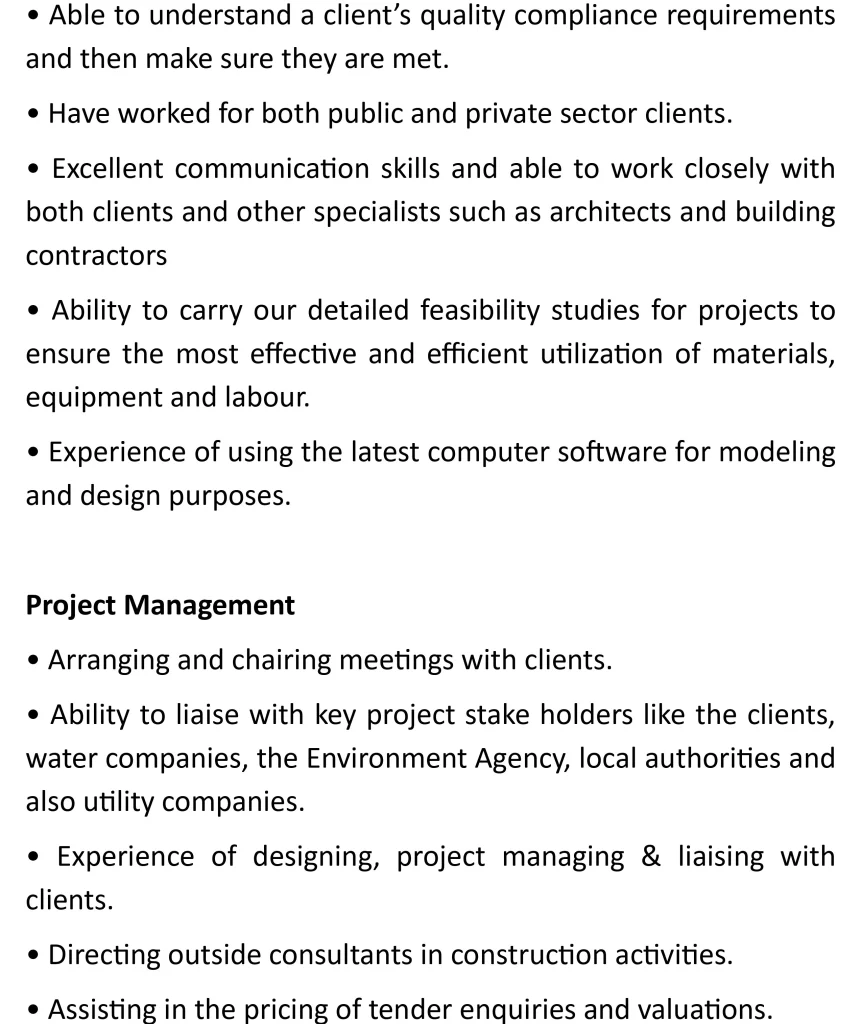







Summary
This chapter, Career Opportunities, explores the foundational aspects of entering and growing within the professional world. It emphasizes the importance of crafting a compelling Curriculum Vitae (CV) and how it serves as a gateway to career progression, job applications, promotions, and research opportunities. The chapter also explains employment-related terms such as internship, apprenticeship, and career counseling, and distinguishes between academic and non-academic CVs. Furthermore, it delves into the limitations of CVs in assessing a candidate’s real potential and encourages employers to go beyond paperwork to evaluate soft skills, aptitude, and team fit. With practical grammar exercises and CV-writing examples, this chapter is a useful guide for both job seekers and those exploring the broader dimensions of career development.
Key Takeaways
A CV is more than a list: It’s a strategic document showcasing your personal, academic, and professional achievements, often used in multiple scenarios such as applying for a job, seeking promotions, or research grants.
Tailoring matters: Although one CV can technically be used for multiple jobs, tweaking it to highlight relevant qualifications and keywords from specific job descriptions increases your chances of selection.
Beyond qualifications: Employers today look for a blend of hard and soft skills. Communication, team compatibility, and leadership abilities are increasingly valued.
Two CV types: A “staying CV” reflects a balanced profile of an internal academic professional, while a “leaving CV” emphasizes research and innovation to appeal to external employers.
Fresh graduates need creativity: With less experience, freshers must focus on uniqueness and soft skills to stand out against seasoned professionals.
Alternative hiring practices: To get a true picture of a candidate, employers should consider team interactions, behavioral interviews, and trial experiences beyond traditional resumes.
FAQ:
Why is a CV considered so important for a professional career?
A CV acts as a formal representation of your academic background, achievements, experience, and skills. It plays a crucial role not just in job applications but also in gaining promotions, funding, or roles like external examiner or committee positions. It helps people assess your competence at a glance.
Should I use the same CV for every job application?
Not necessarily. While a general CV can be reused, it’s more effective to tailor it slightly for each position. Customizing your CV to include keywords from the job description and emphasizing relevant experiences can significantly improve your chances of selection.
What makes a CV “academic” versus “non-academic”?
Academic CVs are longer, detail-rich documents emphasizing publications, teaching, research, and committee work. Non-academic CVs tend to be shorter and focus more on transferable skills and achievements relevant to the corporate or public sectors. Academic CVs aim to verify; non-academic ones often persuade.
How can a fresh graduate compete with experienced professionals when applying for jobs?
Fresh graduates can focus on creativity, strong personal branding, and transferable soft skills such as communication and teamwork. Customizing your CV, presenting relevant projects, and adopting a unique style (especially in creative fields) can help you stand out even with limited experience.
What should employers do to fairly evaluate candidates beyond the CV?
Employers can introduce multi-step recruitment processes including cover letter analysis, behavioral assessments, team interviews, and informal group settings. These strategies help evaluate a candidate’s real-world aptitude, team fit, and communication abilities that may not be evident in a paper CV.
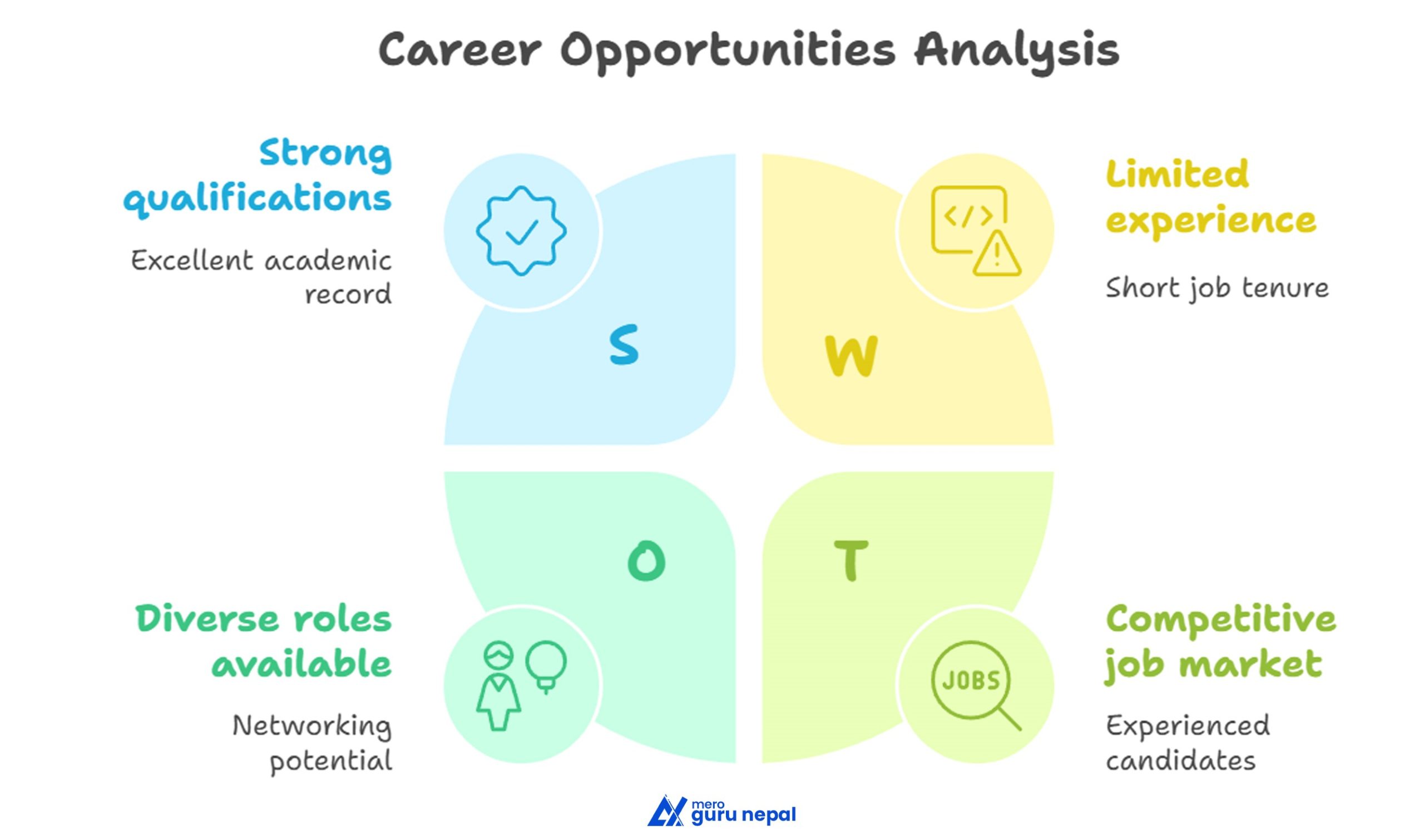

Leave a Reply